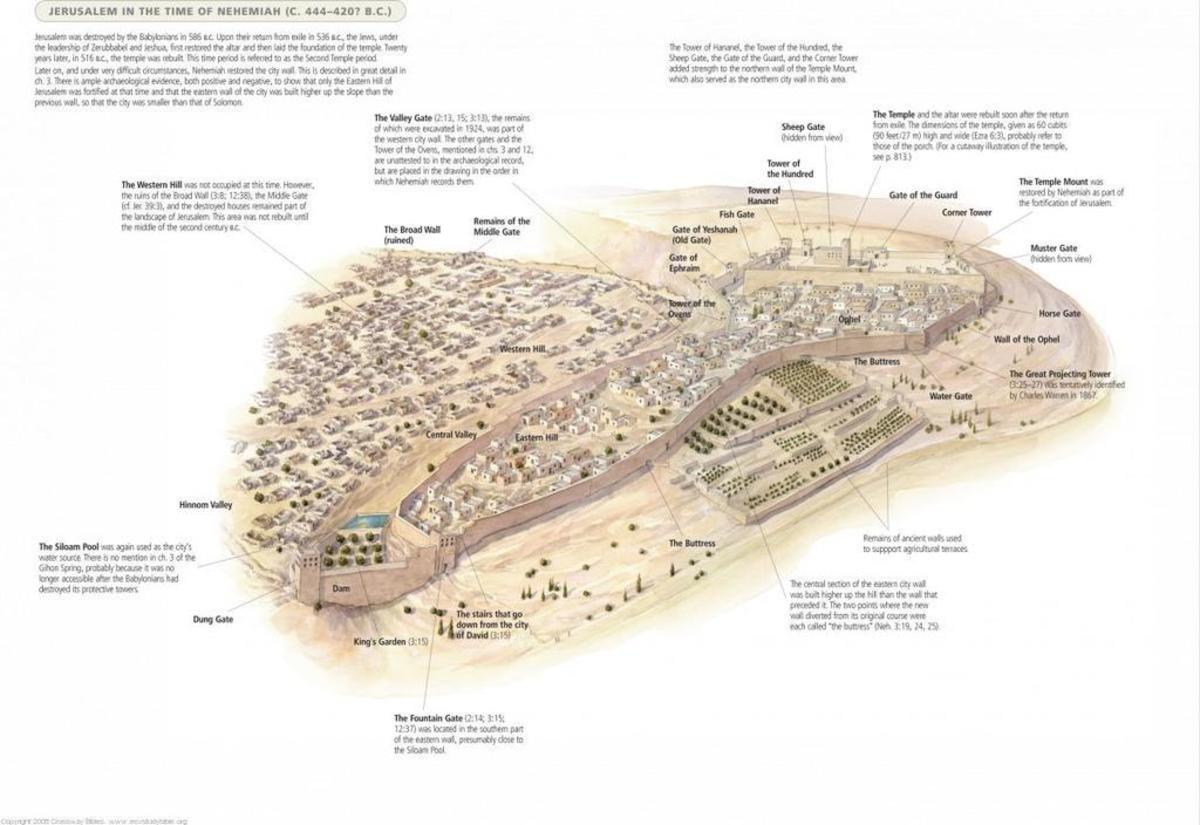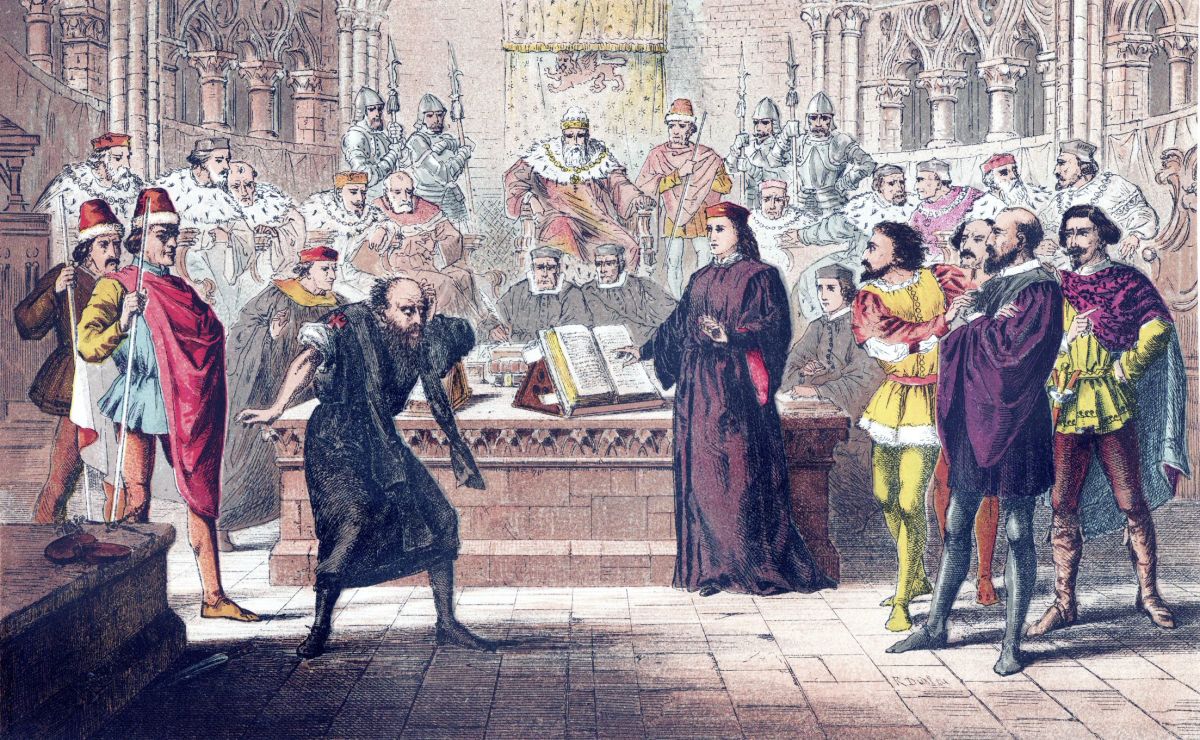A Trembling Cup
Why is Jerusalem such a burden to the world, a hot bed for discussion and creates such conflict between two nations? Countless bible scholars, theologians, historians and news commentators have tried to come up with a plausible explanation but have fallen short of the mark in understanding the issues that bind two nations into perpetual conflict. Understanding the root of the present conflict between the two occupiers of the land or city area of Jerusalem is central to any peace agreement. War rages on in the territories between Israel and several militant Palestinian factions bent on destroying each other which has become a beacon a chief motivating factor for hate crimes and inspire those who look for excuses to qualify or justify their purposes for acts of terror. Many American presidents among a host of world leaders have entered office declaring a concerted effort to find peace between the two people in their lifetime, but left office with tit for tat violence and bloodshed continuing unabated. The United Nations has issued a host of resolutions which largely goes unheeded by both nations, the present Iranian leader pledging the complete annihilation of the Jewish state, while the Israelites pledging never to be driven from their homeland again. Why the continuing hatred in the region, is not easily understood that is if the bible is but a story book to the average man. This centuries old problem of two peoples claiming absolute right to the city predates mankind, back to the foundation of the world and is the continuation of the eternal spiritual and titanic struggle between righteousness and the ruler of darkness. Would it then be futile for the efforts of president Obama, Prime Minister Binyamin Netanyahu and Palestinian president, Mahmud Abbas to try?
History
According to archeological findings ceramic evidence gives more than a strong indication of a possible occupation of the city over a longer time period, from at least the 3rd century BC. Biblical students of history supports this evidence of a permanent settlement of sites, within the borders of present-day Jerusalem, as far back as the Copper and Bronze Age (4000 – 2800 BC). In the word of Archeologist and Associate Professor at Pennsylvania State University Ann Killebrew, “Jerusalem was a large and important walled city between 1800-1550 and 720-586 BC”. The Professor argued that during the Late Bronze Age Jerusalem became a small and moderately unimportant and exposed town. Other scholars imply that the first written hint to the town are likely in the Berlin and Brussels groups of Egyptian Hieratic text around the 19th century BCE. She proposes that these texts make reference to a city called Roshlamem or Rosh-ramen. The scholars further points to the Amarna letters (tablets) around 14th century BCE. Some archaeologists goes further such as Dame Kathleen Mary Kenyon (1906-1978) of Britain which claimed that Jerusalem as a city was founded by West Semitic people with well structured settlements from around the period of 2600 BC. This analysis is supported in Jewish custom who contend the city was established by Shem and Eber, ancestors of Abraham.
Biblical
The first Biblical reference to the city of Jerusalem is found in the book of Genesis
“after Abram returned from defeating Kedorlaomer and the kings allied with him, the king of Sodom came out to meet him in the Valley of Shaveh (that is, the King's Valley)…Then Melchizedek king of Salem brought out bread and wine. He was priest of God Most High…and he blessed Abram, saying, “Blessed be Abram by God Most High, Creator of heaven and earth” (Gen.14:17-19 NIV)
The author of the New Testament book of Hebrew refers to this specific incidence of biblical history: “This Melchizedek was king of Salem and priest of God Most High. He met Abraham returning from the defeat of the kings and blessed him…and Abraham gave him a tenth of everything. First, his name means "king of righteousness"; then also, "king of Salem" means "king of peace”…Without father or mother, without genealogy, without beginning of days or end of life, like the Son of God he remains a priest forever” (Hebrews 7:1-3 NIV).
History student knows that Salem is associated with peace and is a common name for towns and places, particularly in the western world. However in ancient times Salem was the name of a locality in the Near East, and traditionally identified with Jerusalem before the name "Jerusalem" was used. Salem is referred to in the Biblical account in connection with Melchizedek, with a typical translation "King of Salem" which means "King of Peace". However, based on the Hebrew text, some scholars, declared uncertainty, saying instead of the "King of Salem" which is (melekh Salem) reading, the original text may have had ‘melekh shelomo’ in mind which carries the meaning of "a king allied to him". Some scholars claim that the term could also be connected to the ‘Canaanite’ god ‘Shalem’, but interpreters say this may be stretching the word too far. The accepted origin of Jerusalem, in Hebrew is ‘Yerushalayim’ and even this customary acceptance remains uncertain, as a small minority of bible scholars came up with a variety of interpretations. Some claim it means "legacy of peace" which is a combination of yerusha (legacy) and shalom (peace). "Shalom" they say is related to the Hebrew name "Shlomo", giving Solomon as example, who was viewed as the wisest of men, builder of the Jerusalem Temple and son of David.Some scholars still claim, that the second part of the word could be “Salem” Shalem which literally means "whole" or "in harmony", found in Genesis which is the original emergence of the name for Jerusalem.
Canaan
Scholars claim Canaan was an early term for the region around present Israel with its capital Jerusalem, including the Palestinian Territories, Lebanon and Jordan, as well as bordering coastal lands and parts of Egypt and Syria. They claim that the Hebrew and Christian Bibles bear evidence of the "Land of Canaan" extending from Lebanon southward across Gaza to the "Brook of Egypt" and eastward to the Jordan Valley, which included modern Israel and surrounding Territories. They offer various proposals as to the true meaning of the term “Canaan”. However, the widely accepted form is that it is derived from the Semitic root *k-n-' meaning "to be subdued". They say this meaning is supported by the story contained in the Biblical references. The Biblical narratives ascribed the name to Canaan, the son of Ham and the grandson of Noah, his descendants matching the names of various ethnic groups in the land of Canaan, listed in the "Table of Nations" found in the Genesis account where Sidon is named as his first son, and to be subdued by the descendents of Shem. The biblical version of events is supported by other historical data which explained that Abraham came to the city of Jerusalem that was then called Shalem after defeating the kings at war and rescuing his nephew Lot. The biblical account says the high priest Melchizedek came out and blessed him upon arrival but other sources say that Abraham asked the high priest king Melchizedek to bless him. Whichever way it happened, Melchizedek blessed him in the name of God a sign that he, served the one true God like Abraham did. This meeting of Melchizedek with Abraham was celebrated by renaming the city in their honor. Abraham then named the Temple Mount “Yeru” from the Hebrew root “Yireh”, and combined with Shalem creating Yeru-Shalem, which means the "city of Shalem," or "founded by Shalem”.
A cup of Trembling - Jerusalem
- Roman Connection - Jerusalem
The Roman Jewish Insult Secular as well as biblical history made it clear the regions name Canaan predates the name Land of Israel a later title which describes the same territory. Bible history students points to the classical Jewish view, as... - Holy Temple Destruction - Jerusalem
The Biblical narrative revealed many instances of the temple, a most famous landmark in the city of Jerusalem, and the pride of the Jewish people, being plundered and destroyed through out the course of the nation’s history. The first book of... - Travel from Tel Aviv to Jerusalem
If you are traveling outside of a tour group to Israel, it is very important to know how to travel from Tel Aviv to Jerusalem. In todays times, it is very important to experience all of Israel while at the... - Tiberias Biblical City of Israel
Founded by the son of Herod the Great, named Herod Antipas, Tiberias was accorded it's name in honor of the Roman Emperor Augustus 'Tiberius'. The city was difficult to establish with a viable number of...








